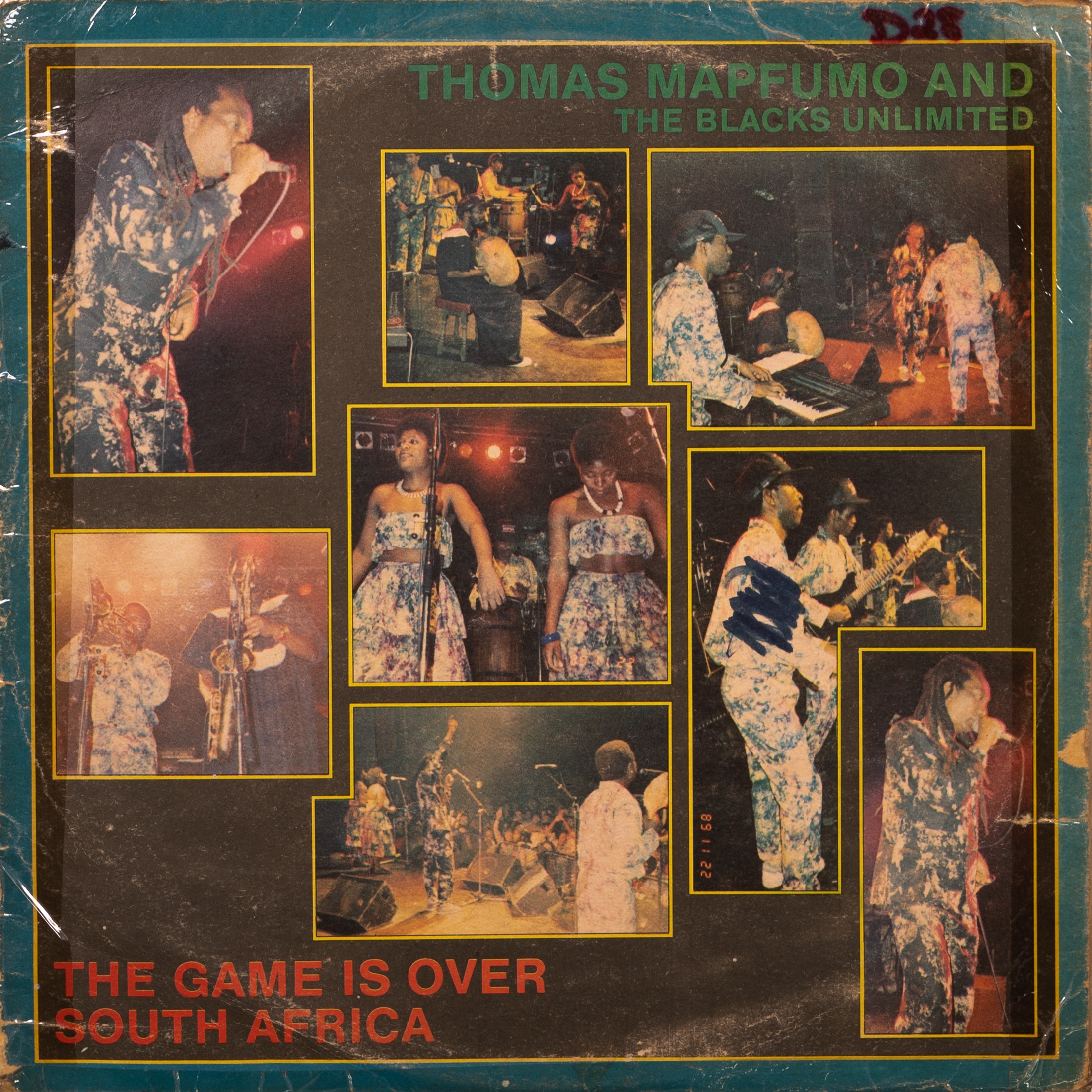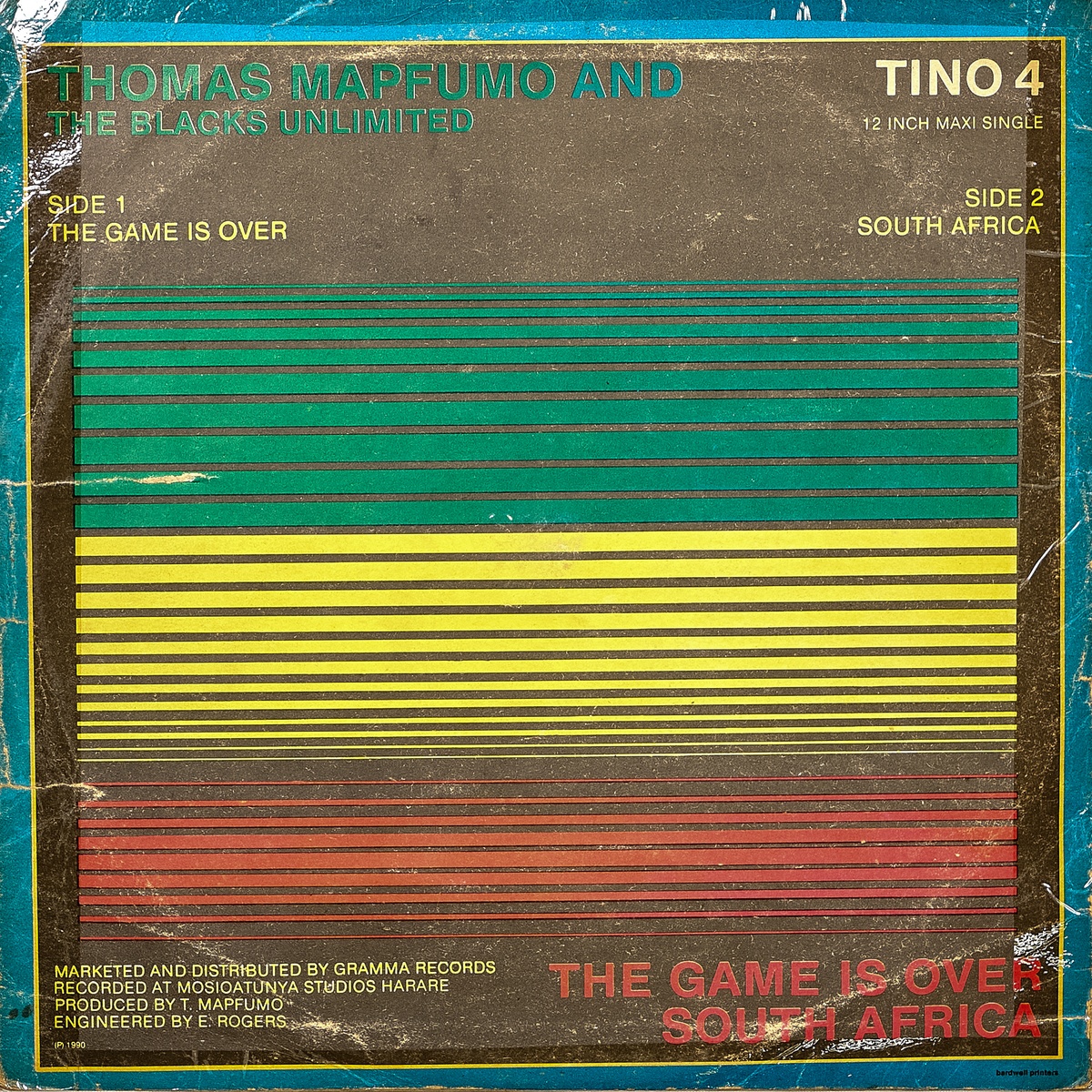
Thomas Mapfumo (born 1945, Marondera, Zimbabwe) is a musician and composer who propelled Zimbabwe toward independence in the 1970s through his cultivation of chimurenga – a local genre of politically-charged popular music. Mapfumo was also instrumental in introducing the West to the traditional music of Zimbabwe through his involvement in the world music movement.
Mapfumo's early career featured little more than a few cover versions of songs by Elvis Presley and Otis Redding. However, during the early 1970s, when many Black Zimbabweans were beginning to resist the white minority government, Mapfumo started writing lyrics in Shona and incorporating traditional melodies and rhythms into his music.
In 1976, Mapfumo formed the Acid Band which produced a blend of popular and traditional music with thinly veiled political messages. The white minority government saw Mapfumo’s music as a threat and banned it from the state-controlled radio stations. However, his music was still heard in discos and on radio broadcasts from neighbouring countries. In late 1977, with the escalation of the war, security forces finally attempted to silence Mapfumo by imprisoning him for 90 days. Upon his release, he returned to writing chimurenga songs, which had come to be identified with the fight for freedom.
In 1978, he founded the band with which he would continue to perform (albeit with personnel changes) into the 21st century, the Blacks Unlimited. After independence in 1980, Mapfumo’s music maintained a sociopolitical edge. As he lost faith in Robert Mugabe's leadership, the government increasingly became the target of his criticism. Following the release of Corruption (1989) with the Blacks Unlimited, Mapfumo and the members of his band were subject to harassment by the administration. By the mid-1990s, Mapfumo had become firmly established in the realm of world music and had garnered international recognition for Zimbabwean music. His reputation in Zimbabwe extends beyond his career as a musician. He is seen as an important revolutionary and powerful advocate of social justice.
